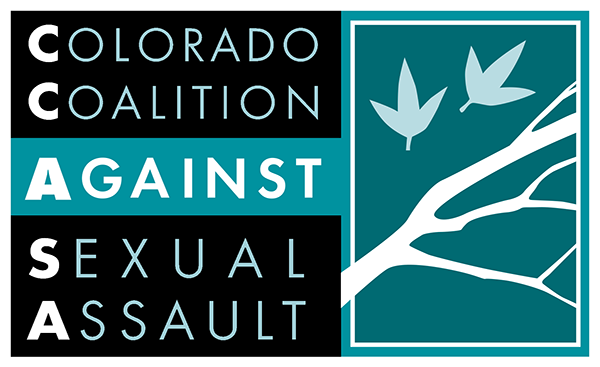Understanding the Vital Role of Interpreters in Language Access for Victims of Domestic and Sexual Violence
This webinar explores the roles, responsibilities, and ethical requirements of interpreters in providing language access to victims of domestic and sexual violence. Through interactive discussions, real-life scenarios, and ethical dilemmas, participants will gain a comprehensive understanding of the crucial role interpreters play in promoting justice, supporting survivors, and upholding professional ethics in sensitive and challenging situations.
Objectives:
- Participants will explore the interpreter’s role as a neutral party, ensuring accurate and impartial communication between survivors, service providers, and legal professionals.
- Participants will examine the ethical challenges interpreters face when working with survivors of domestic and sexual violence.
Presenter: Tomiko Tamashiro Prado, Healing Across Language Senior Project Coordinator, Asian Pacific Institute on Gender-Based Violence. They are, first and foremost an, interpreter, leveraging years of direct service experience to now steer the API-GBV Healing Across Languages Training Center. Their efforts focus on fostering a cultural shift that centers survivor voices, emphasizing proper interpretation practices. In their role, Tomiko manages training programs to grow the pool of victim services interpreters and guides service providers in effective collaboration with them.
This training was supported by Grant No. 2020-WF-AX-0043, 15JOVW-21-GG-00555-STOP, and 15JOVW-22-GG-00412-STOP awarded by the state administering office for the Office on Violence Against Women, U.S. Department of Justice’s STOP Formula Grant Program. The opinions, findings, conclusions, and recommendations expressed in this training are those of the author(s) and do not necessarily reflect the views of the state or the U.S. Department of Justice.

